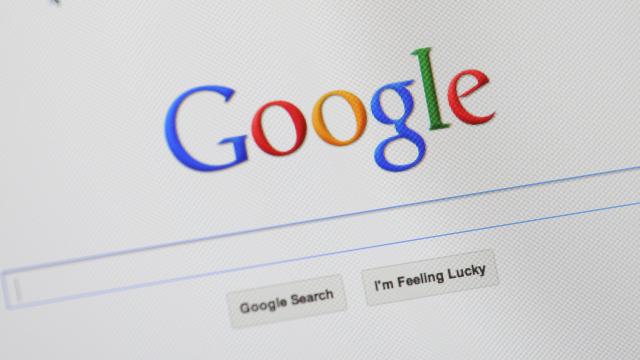If you don’t know something, you Google it. Of course you do. But researchers suggest that the digital fast track to knowledge can inflate our sense of how much information is actually stored away in our brain.
Researchers from Yale have carried out experiments to investigate how internet searching changes the way people rate their own internal knowledge. Using over 1000 student participants, the team carried out a series of nine different tests that compared participants who used the internet for knowledge acquisition to those using other means. The results appear to suggest that the use of the internet boosts perception of knowledge, even when it’s about something unrelated to previous online exploration.
For instance, in one example participants were asked to research how a zip works: some used the internet, others read about the topic from a print out. Later, those participants were asked about zips and also about a completely unrelated topic — why cloudy nights were warmer than non-cloudy nights. Those who had used the internet were more confident about their answers to the latter question whether they were right or not, even though they hadn’t read anything about it. There are plenty more examples like this in their paper. Matthew Fisher, one of the researchers, explained to The Telegraph:
“The Internet is such a powerful environment, where you can enter any question, and you basically have access to the world’s knowledge at your fingertips. It becomes easier to confuse your own knowledge with this external source. When people are truly on their own, they may be wildly inaccurate about how much they know and how dependent they are on the Internet.”
In fact, internet-using participants also turned out to view themselves not just as more knowledgeable, but as more intelligent than the other participants in the study too. None of this is necessarily a bad thing, of course — but it does mean that those of us who spend a lot of time r eading the internet might not be quite as sharp as we think we are. [Journal of Experimental Psychology via The Telegraph via Engadget]
Picture: Anthony Ryan/Flickr
